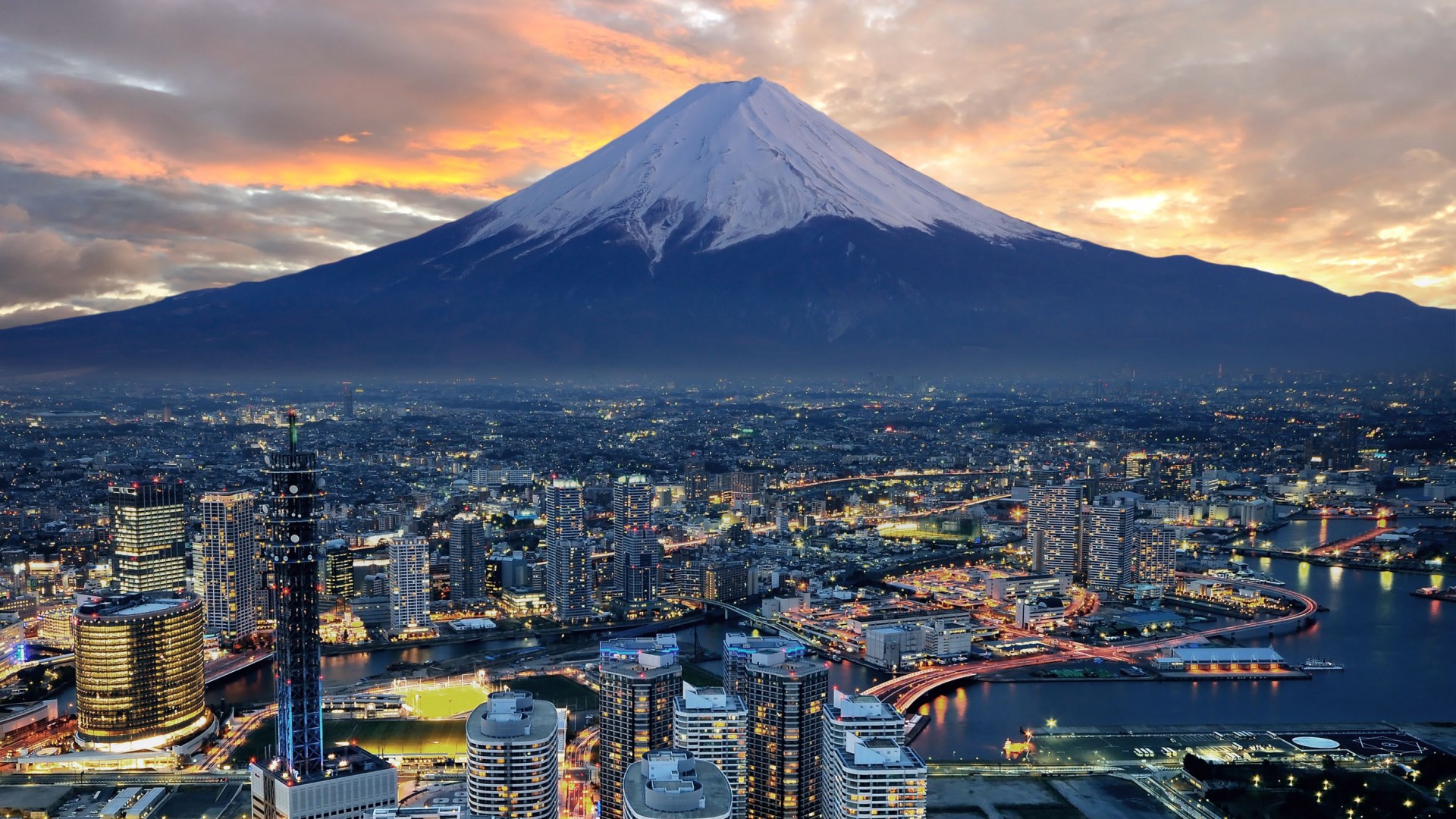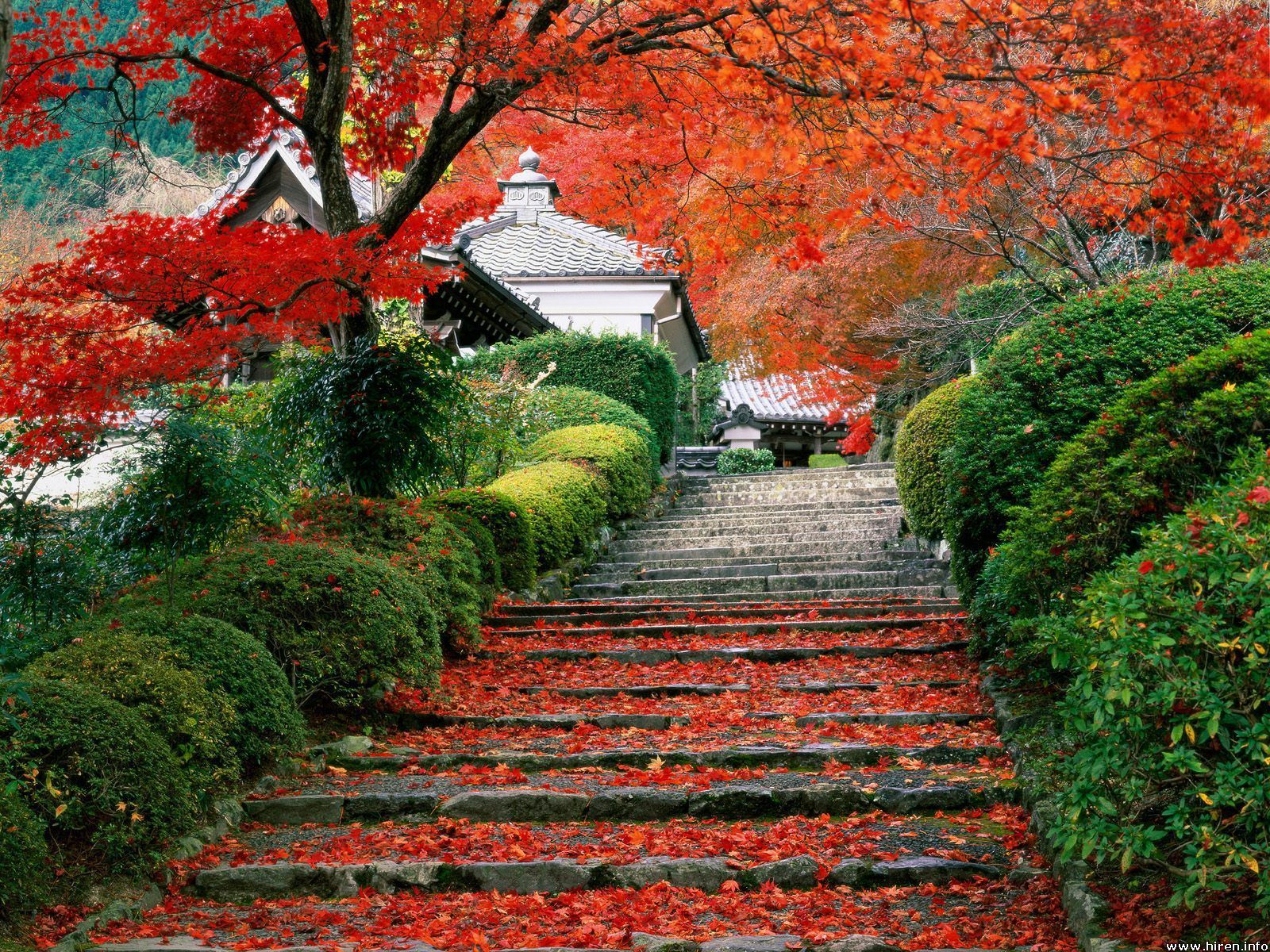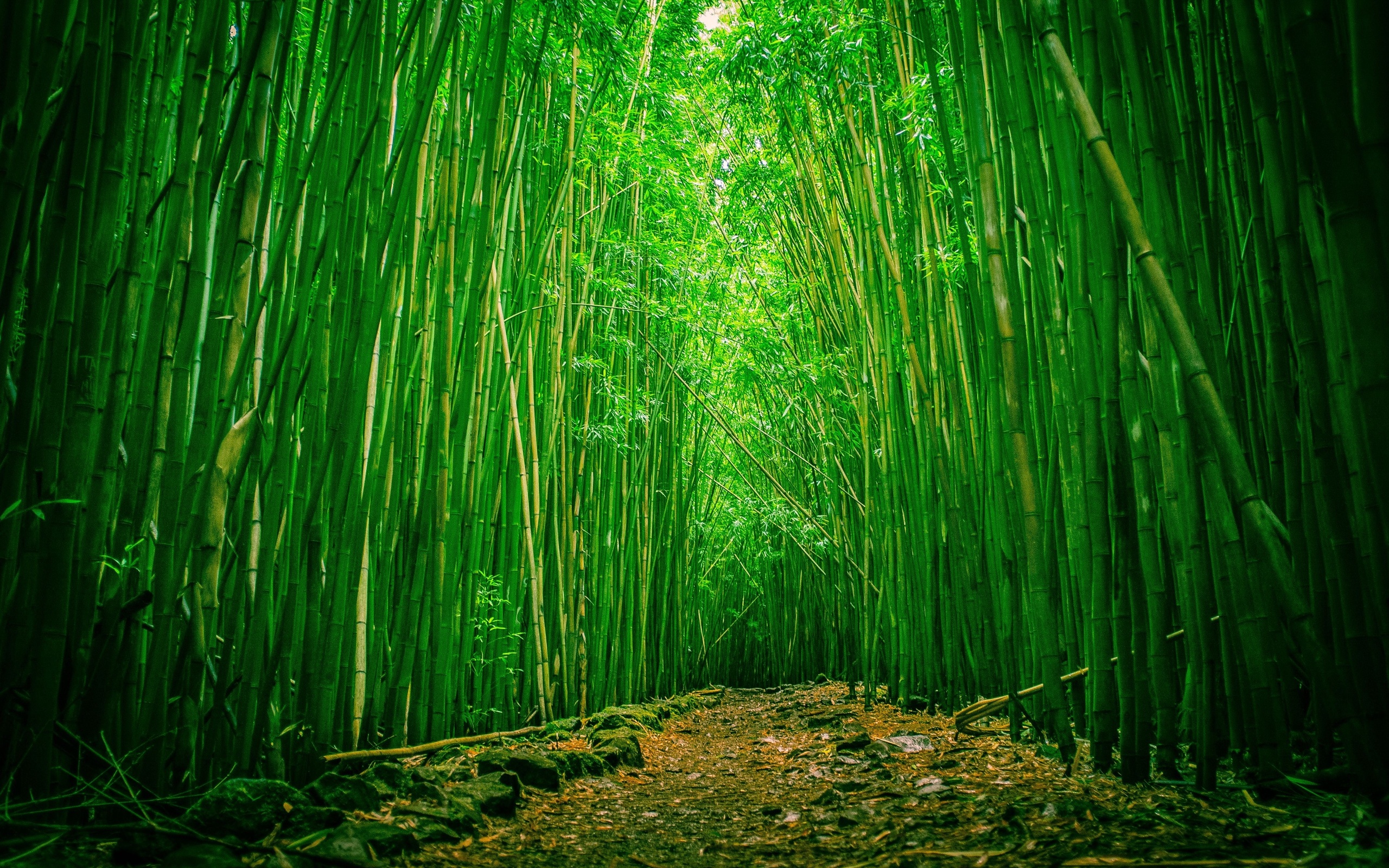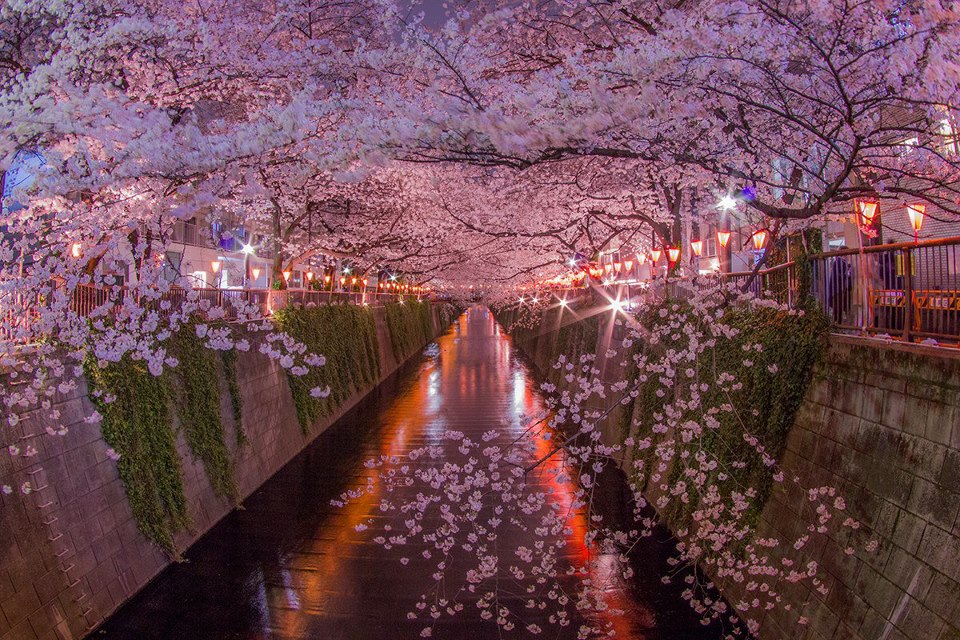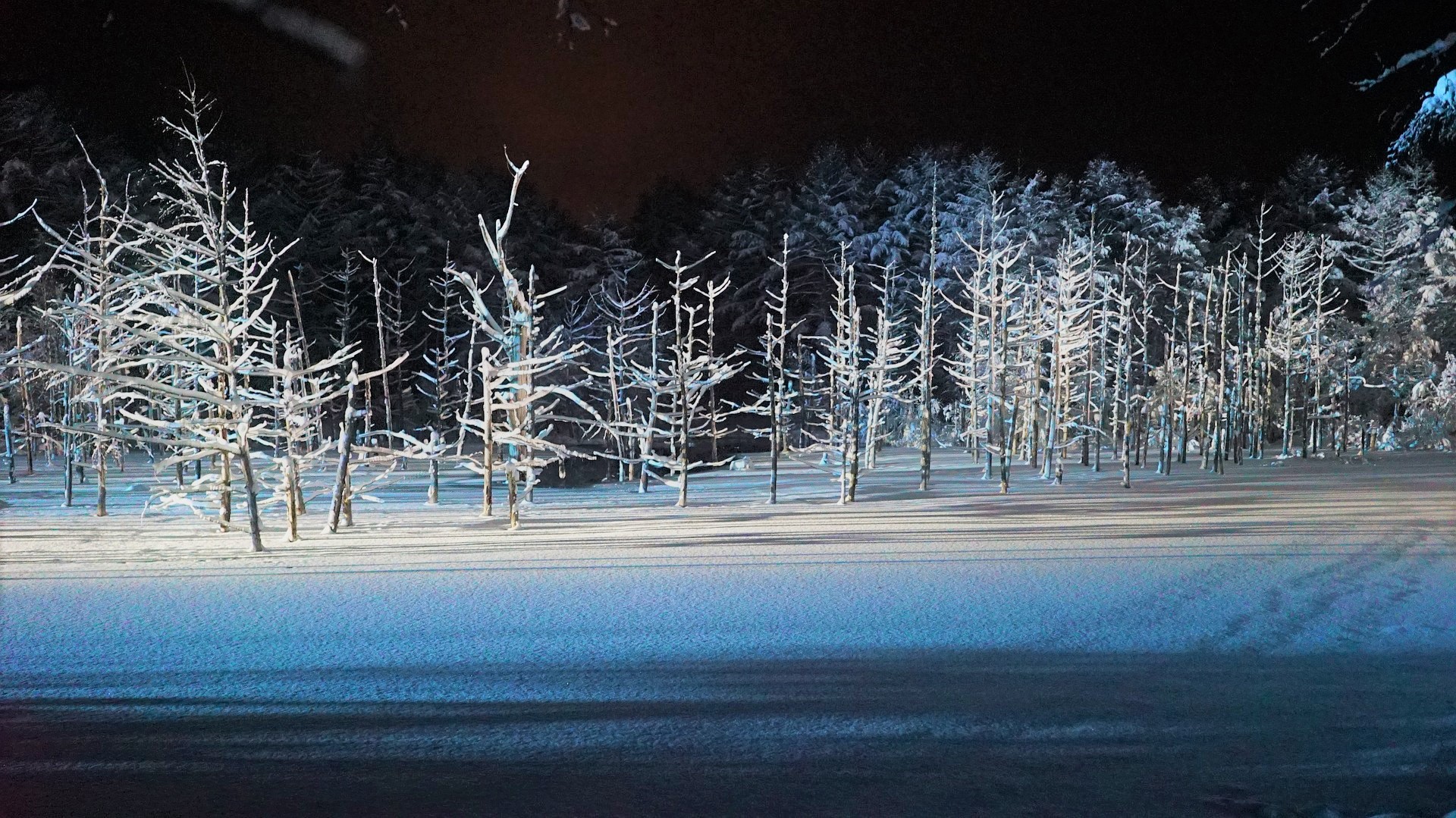Japanese-American born at WWII internment camp protests Trump’s travel ban
By Ryohei Takagi
New york-A Japanese American born in a California internment camp during World War II is pushing back against US president Donald Trump’s travel restrictions that mostly target individuals from several Muslim-majority countries.
“It’s easy to issue a presidential order, but it would take many, many years to repeal it,” said Takeshi Furumoto, speaking at a recent event in New York marking 30 years since the US government apologized to Japanese-Americans forcibly relocated during WWII.
The 73-year-old realtor and Vietnam War veteran, who had business ties with Trump in the 1980s, compares the president’s travel ban to President Franklin Roosevelt’s executive order in 1942 that led to the incarceration of some 120,000 US civilians of Japanese descent in more than 10 remote camps across the country.
Clad in his US Army uniform, Furumoto was a featured speaker at the April gathering organized by a coalition of organizations, including the Center for Constitutional Rights, to reflect on the history and legacy of the wartime imprisonment.
Roosevelt signed Executive Order 9066 about two months after Japan’s attack on Peark Harbor in December 1941.
It authorized the war department to designate military areas from which any or all persons could be excluded in the name of national security-a broad mandate used specifically to detain Japanese Americans until the order was suspended in December 1944.
A formal apology and reparations payment to survivors of the internment came decades later through the Civil Liberties Act, signed into law by President Ronald Reagan in 1988.
Furumoto was born in October 1944, at the tail end of the incarceration, to second-generation Japanese-American parents at the Tule Lake Relocation Center internment camp.
The harsh living conditions at the northern California camp were compounded by political turmoil as it became a segregation center, holding internees who refused to sign a divisive pledge of all alegiance to the US over the Emperor.
As an infant, Furumoto was brought to live in his grandfather’s hometown of Hiroshima less than six months after the US dropped an atomic bomb on the city in the closing days of WWII.
When he returned to California about 10 years later, Furumoto was subjected to anti-Japanese sentiment from classmates and the community at large, but preserved through his studies to gain admission to UCLA.
In 1968, he joined the US Army and was sent into combat in Vietnam. Furumoto later established a real estate firm and by the mid-1980s was on a first name basis with Trump following projects that included the sale of condominiums owned by the New York businessman.
But Furumoto has gradually distanced himself from Trump due to the president’s anti-immigration policies, including the travel ban disproportaionately targeting Muslims. Just a week after taking office in January 2017, Trump signed an executive order immediately halting entry into the US for citizens of seven countries.
The ban, purportedly issued in the interest of national security, has undergone a number of tweaks in the face of court challenges, with the original order superseded by updated versions. Its current incarnation, which no longer includes Iraq or Sudan but adds North Korea and Venezuela, was upheld this week by the Supreme Court.
The former internee expressed faith that despite its rights violations in the past, the US remains a country whose ideals are worth defending. “All of us, immigrants and their children, make up this country,” Furumoto added.
